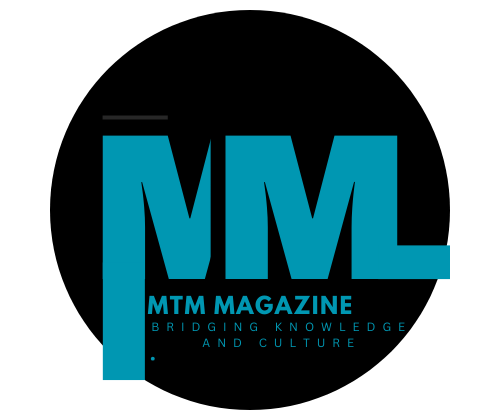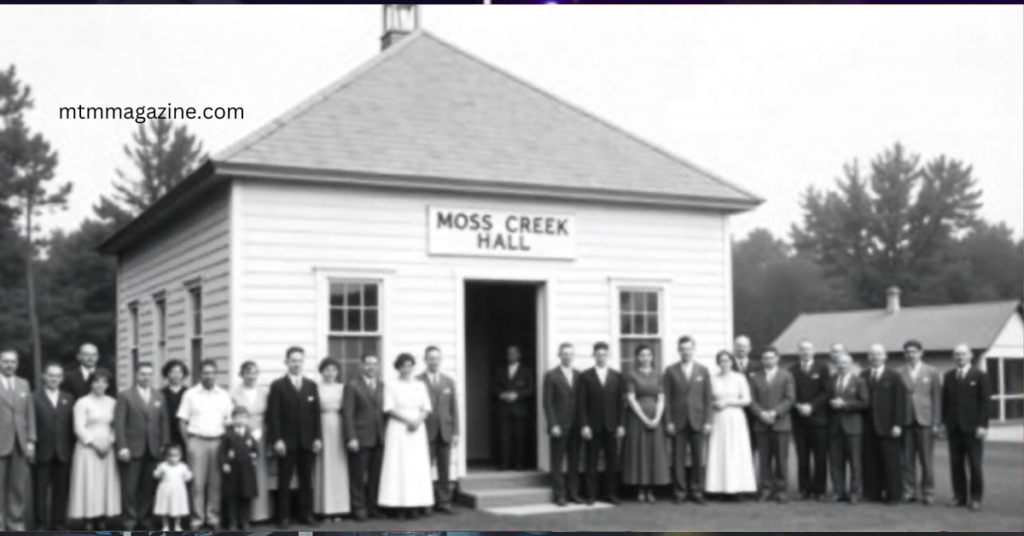In the early 20th century, a movement aimed at improving educational access for African American children in the segregated South sparked a transformation. This was made possible in part by the Rosenwald schools, a series of community-focused, accessible educational facilities funded by philanthropist Julius Rosenwald, who partnered with Booker T. Washington to address a serious educational gap. Among these was the historic Mrs. Geeder Rosenwald School, a place that served not only as a school but as a beacon of hope and progress for its community.
The Origins and Purpose of Rosenwald Schools
Julius Rosenwald, the CEO of Sears, Roebuck & Co., was a man deeply affected by the racial inequities he witnessed in America. Partnering with Booker T. Washington in the early 1900s, Rosenwald sought to bring quality education to Black communities in the South. The Rosenwald Fund was established, providing grants and resources that would eventually lead to the construction of nearly 5,000 schools across 15 states.
These schools were more than just buildings—they became places for community gatherings, centers of education, and symbols of resilience. Communities would often raise part of the funds or contribute labor, showing their commitment to education and creating lasting connections between families, educators, and the Rosenwald legacy.
Mrs. Geeder Rosenwald School: A Local Beacon of Learning
While each Rosenwald School had its unique features, the Mrs. Geeder Rosenwald School became a particularly notable example due to its impact on the surrounding area. Like other Rosenwald Schools, Mrs. Geeder’s school was designed with practicality in mind. The architecture was simple yet effective, maximizing natural light to reduce the need for electricity and focusing on layouts that facilitated effective teaching and learning.
The school served multiple generations of students, offering them an education they may not have otherwise had access to. Before integration, Black children in rural areas often had limited educational opportunities, sometimes having to walk miles just to reach a school. Mrs. Geeder Rosenwald School, however, was accessible to its community and provided students with a safe, welcoming environment where they could learn and grow.
Education as Empowerment
The educational experience at Mrs. Geeder Rosenwald School went beyond reading, writing, and arithmetic. The curriculum often incorporated life skills and vocational training, preparing students not only for academic success but also for the challenges of the real world. For many students, attending the school was not only about gaining knowledge but also about finding inspiration, encouragement, and a sense of purpose.
Teachers at the school played vital roles, often serving as mentors and community leaders. Many of them went above and beyond, working to ensure that their students received not only a basic education but also the support and guidance they needed to overcome the obstacles imposed by society. This holistic approach was a defining characteristic of Mrs. Geeder Rosenwald School, which became a place of pride, resilience, and cultural significance.
The Legacy and Preservation of Mrs. Geeder Rosenwald School
Today, many of the Rosenwald schools no longer operate, but their legacy endures. Efforts to preserve buildings like Mrs. Geeder Rosenwald School are ongoing, as communities recognize the historical and educational significance of these structures. Organizations dedicated to preserving African American heritage, as well as local historical societies, have taken steps to maintain these sites, honoring the schools’ contributions to education and social progress.
For many, preserving Mrs. Geeder Rosenwald School is about more than keeping a historical building intact. It is about keeping the spirit of resilience and the pursuit of equality alive. The building is a physical reminder of the struggles and achievements of past generations who believed in the power of education to transform lives.
A Symbol of Progress and Hope
Mrs. Geeder Rosenwald School represents a time when communities, often facing significant adversity, came together to create educational opportunities for future generations. This school, like many others, symbolizes progress and serves as a testament to the power of collaboration, community, and determination.
In revisiting the history of Mrs. Geeder Rosenwald School, we are reminded of the impact that education has on breaking down barriers and uplifting communities. The stories of students who walked through its doors, the teachers who dedicated their lives to their students, and the community that helped build and sustain it resonate even today.



